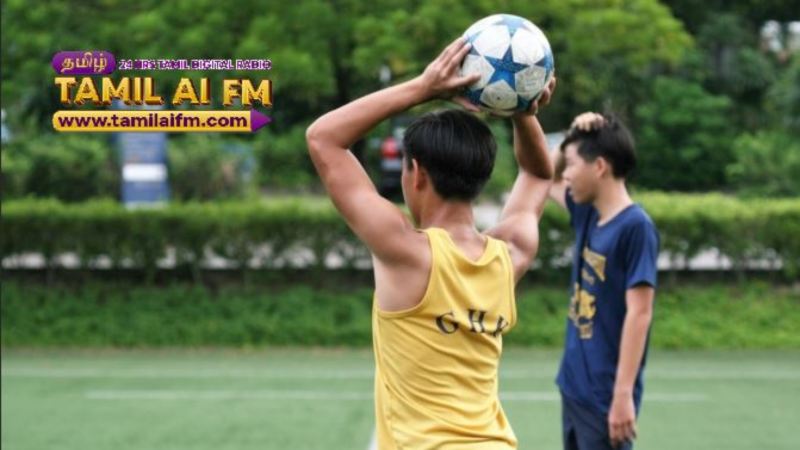KUALA LUMPUR — It was thought the sun would shine till evening, yet rain poured at midday.
Such is the harsh journey endured by most of the nation’s young athletes, who begin with burning passion and big dreams, only to stumble under pressure, fatigue, and loss of direction in the demanding world of sports.
A study in the United States found that nearly 70 per cent of children and teenagers quit competitive sports as early as age 13. The phenomenon has been linked to burnout syndrome - physical and mental exhaustion caused by excessive training, towering expectations, and failure to balance daily life.
A report published by the American Academy of Pediatrics (AAP) in its journal *Pediatrics* last year also linked the problem to recurring injuries, overtraining, and psychological stress that eventually extinguish the once-burning passion.
The situation in Malaysia may not be far different. Although there are no official statistics, the reality is evident year after year, a worrying truth for coaches, parents, and sports stakeholders who aspire to nurture the country’s next generation of athletes.
Veteran athletics coach Mohd Manshahar Abdul Jalil described burnout syndrome as a “silent enemy” that has claimed far too many young Malaysian talents.
“I have studied athletics records from the Malaysia Games (Sukma) from 2012 to 2022. Only about five per cent of those athletes remain active at the elite level after 10 years.
“By right, when they reach maturity, they should be competing at the highest level. However, many stop at a certain point, never reaching their full potential,” he said.
Elaborating further, Mohd Manshahar said burnout among young athletes stems from extraordinary pressure to succeed at a young age and training that does not align with their physical and mental development.
“Many teenage athletes are pushed to train intensively from a young age, but they eventually suffer performance decline before ever reaching their true peak potential,” he said.
Mohd Manshahar also stressed that early specialisation – training in a single sport from a young age – is one of the main factors contributing to both mental and physical fatigue, besides heightening the risk of long-term injury.
According to him, excessive pressure from coaches and parents only worsens the situation, preventing young talents from developing healthily.
“At the MSSM (Malaysian Schools Sports Council) level, for instance, coaches and sports officials are often burdened with KPIs (Key Performance Indicators) they need to achieve. They want instant results to ensure more medals are won.


